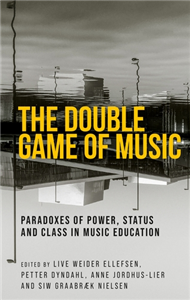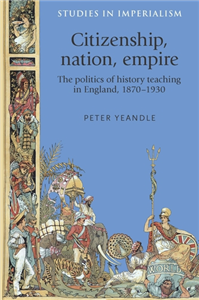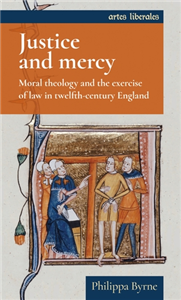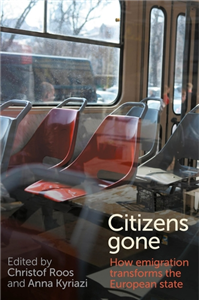Inhabit Education Books
Inhabit Education Books' mandate is to provide readers with educational resources that are infused with authentic Northern perspectives, ways of life, and imagery. Our publishing initiative always considers stories and information in an educational context. All of our publications are developed by a team of Northern educators and language experts. These titles incorporate concepts that students are familiar with—counting, animals, family, traditional stories, and so on—within a Northern context. Our books are designed to support students in their literacy development while teaching them about the people, traditions, and environment of the Arctic. Wherever you are, we hope you enjoy sharing these stories of fun, adventure, history, and nature with your young readers!
View Rights Portal






















